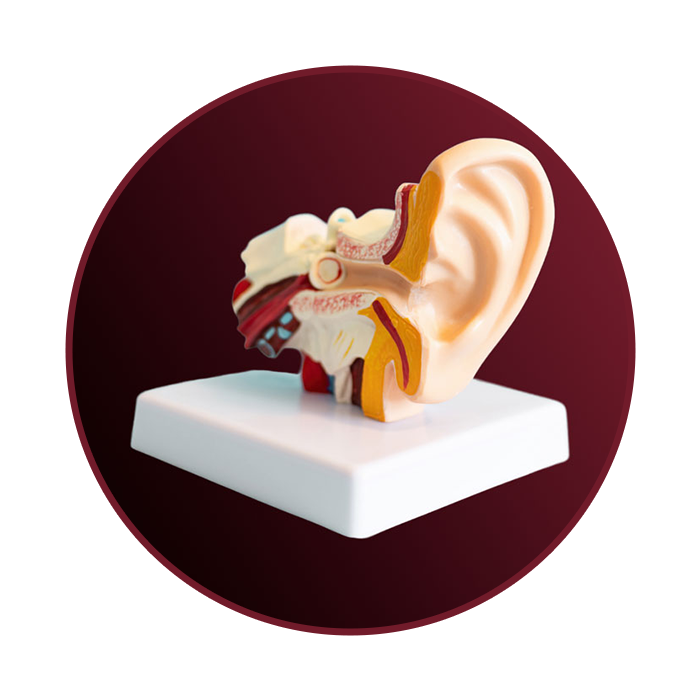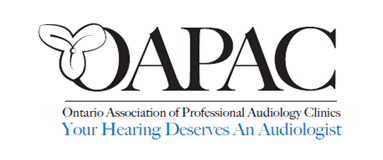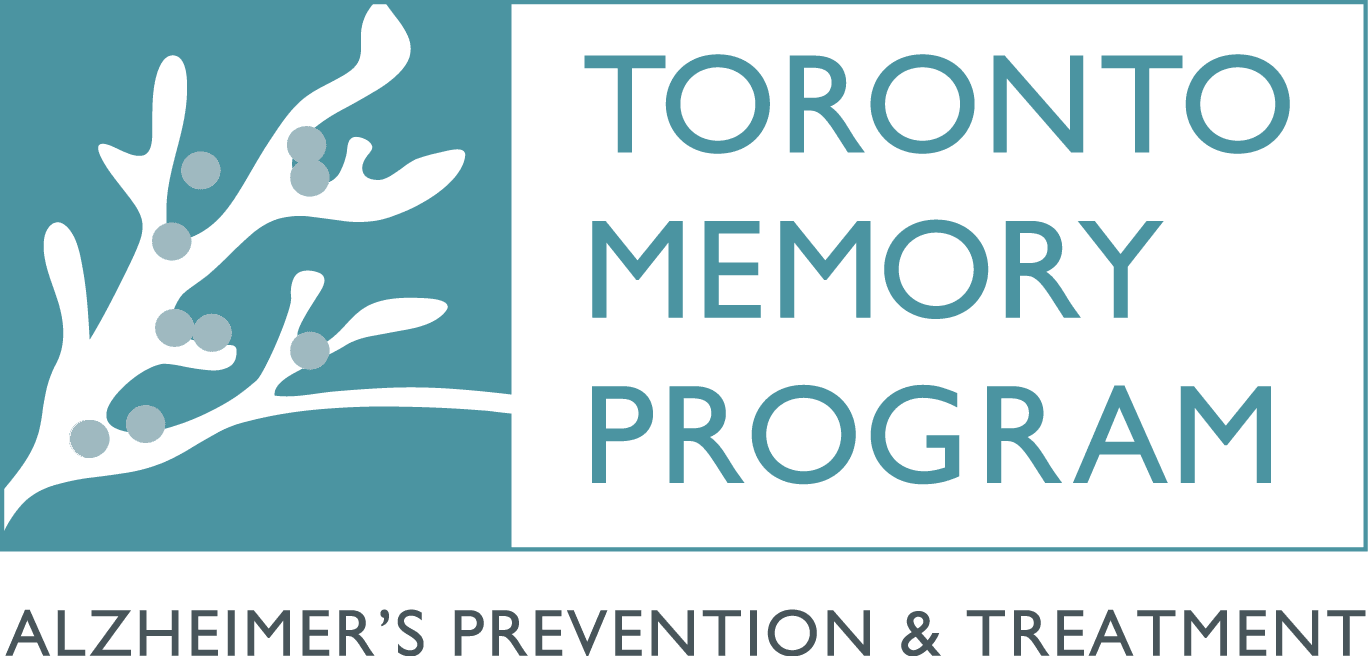
Hearing Loss
Hearing is essential to an active and enjoyable life. It involves sound waves entering the ear canal, causing the eardrum and middle ear bones to vibrate, and sending an electrical signal to the brain via the hearing nerve. Normal hearing enables us to connect with the world, enjoy conversations, music, TV, and respond to warning signals. However, over 360 million people, which is over 5% of the world’s population, suffer from hearing loss. Half of these cases could be prevented through medical treatment and prevention. Even mild hearing loss can cause difficulties, especially in crowded or noisy environments. Hearing loss may result from aging, exposure to noise, illness, medicine, or drugs. When hearing loss occurs, social connections, communication, and physical and cognitive health may suffer.
Stages of Hearing Loss
Stage 0
Patient has no complaints of hearing loss and / or tinnitus
- Cognitive screening and Diagnostic evaluation reveal no sign of damage to the auditory system
- Patient not at increased risk of dementia or falling due to auditory damage
- Patient is experiencing non-auditory related tinnitus (refer to specialist)
Stage 1
Patient reports one or more of the following:
Recent difficulty hearing others, sometimes in one-on-one conversation with certain speakers, and particularly in situations with background noises. The patient may also experience tinnitus (mostly heard in quiet situations)
- Testing reveals early-stage damage to the auditory system (15-35dB HL) with limited impact on cognitive function
- Risk assessment: Patient may experience a fall and is at a 200% increased risk of dementia
- Patient is experiencing tinnitus
Stage 2
Patient reports one or more of the following:
Increased difficulty hearing others in one-on-one conversations, difficulty hearing environmental auditory cues and struggles to follow a conversation when in background noise. The patient may also experience tinnitus.
- Testing reveals mid-stage damage to the auditory system (40-70dB HL) with noted impact on cognitive function
- Risk Assessment: Patient likely to experience a fall and it at a 300-400% increased risk of dementia
- Patient is experiencing notable tinnitus
Stage 3
Patient reports one or more of the following:
Long-standing difficulty hearing others in one-on-one conversation, lacks the ability to hear environmental auditory sounds, cannot follow a conversation in background noise and may be avoiding social gatherings. The patient may also experience bothersome tinnitus.
- Testing reveals mid-late stage damage to the auditory system (70-90dB HL) with significant impact on cognitive function
- Risk Assessment: Patient likely to experience a fall and is at a 400-500% increased risk of dementia
- Patient is experiencing bothersome tinnitus
Stage 4
Patient reports one or more of the following:
Chronic failure to be part of a conversation (one-on-one or in groups with background noise), inability to hear life-threatening environmental sounds, and avoidance of social gatherings. The patient may also experience constant interfering tinnitus.
- Testing reveals late-stage damage to the auditory system (> 90dB HL) with pronounced impact on cognitive function
- Risk Assessment: Patient is anticipated to experience a fall and it at >500% increased risk of dementia
- Patient is experiencing debilitating tinnitus
Bovaird Hearing Clinic - More Than Just Hearing Aids
Here is what our personalized treatment plan will provide you:
Highly Experienced Audiologist
First Doctor of Audiology in Brampton with over 20 years of experience in treating patients with hearing loss, cognitive decline and tinnitus.
Treatment Options
As an independent treatment centre, we can select to work with any manufacturer, ensuring you get the best hearing aid options for your unique needs.
Treatment Plan with Results
Developmental psychology with neuroscience knowledge base contributes to a treatment plan with long-term results.
Treatment Focused
Medical treatment of hearing with focus on the cognitive aspects of hearing loss and tinnitus.
Advanced Testing
Including QuickSIN, Auditory Processing, and Cognivue to understand how the brain manages sound and improves cognitive health
Pediatric Treatments
Fully qualified to treat children of all ages with hearing loss.

Our comprehensive and holistic hearing tests includes Cognivue cognitive screening. Midlife hearing impairment is the #1 modifiable risk factor for cognitive decline! Book your hearing test today!
Book Your Advanced Hearing Test With Cognitive Screening
Types of Hearing Loss
Conductive Hearing Loss
Conductive hearing loss occurs when there is an obstruction in the outer or middle ear that blocks the sound waves from passing through the auditory pathway. Common causes of conductive hearing loss include infections, fluid behind the eardrum, perforations of the eardrum, otosclerosis, and other factors. Most outer and middle ear problems can be effectively managed with medical intervention, such as removal of earwax, antibiotics to treat infections, and surgical procedures to repair eardrum perforations or otosclerosis.
Sensorineural Hearing Loss
Sensorineural hearing loss, on the other hand, occurs when the hair cells in the cochlea, the hearing organ, become damaged and affect the transmission of signals to the auditory part of the brain via the auditory nerve. The most common cause of sensorineural hearing loss is aging, but loud noise, some types of medication, and genetics can also affect hearing. Unlike conductive hearing loss, inner ear hearing loss cannot be reversed with medication or surgery. Treatment options for sensorineural hearing loss include hearing aids, cochlear implants, and assistive listening devices.
Mixed Hearing Loss
Mixed hearing loss is a combination of both conductive and sensorineural hearing loss, and it can range from mild to profound. In some cases, the cause of mixed hearing loss can be addressed with medical intervention, such as surgical procedures to repair the middle ear or remove obstructions. However, sensorineural hearing loss may persist and require additional treatment with hearing aids, cochlear implants, or other devices to improve hearing ability. It is important to receive a proper diagnosis from an audiologist to determine the type and severity of hearing loss and develop an appropriate treatment plan.
How Hearing Loss Affects Us
Increased Risks
Experiencing hearing loss goes beyond just difficulty in hearing – people who suffer from hearing loss can experience a range of negative effects on their daily lives, their cognitive health and loved ones around them. In addition, hearing loss can lead to changes in the body’s immune system, increasing the risk of illnesses, risk of social isolation, risk of cognitive decline, and risk of falls. Hearing loss can lead to fatigue due to increased listening effort in noisy surroundings, as well as frustration, depression, anger, impaired memory, and learning abilities. People with hearing loss are at a much greater risk of developing dementia and related cognitive decline. This can have a dramatic effect on their psychological wellbeing and overall quality of life.
Signs of Hearing Loss
- Difficulty hearing from a distance
- Problems hearing speech in the presence of background noise
- Speaking too loudly
- People appearing to mumble
- Complaints about the volume of radios or TVs
- Difficulty understanding soft speech or voices of women and children
- Frequently asking others to repeat themselves
- Inability to hear common sounds in the household, such as an alarm clock or water tap
If you experience any of the common symptoms of hearing loss, such as being unable to hear distant sounds or understand normal conversations in noisy environments, it’s important to seek help right away. People often put off seeking treatment for this type of condition for up to seven years after first noticing the signs. However, getting an accurate diagnosis and proper treatment as soon as possible can help to prevent further deterioration of hearing ability.
Why You Should Consider Treating Your Hearing Loss with Hearing Aids
- Improve speech-in-communication
- Experience a deeper connection with your loved ones
- Maintain an active and enjoyable lifestyle
- Improve overall quality of life
- Improve memory and cognition
- Reduce risk of falls
- Reduce perception or annoyance of tinnitus
- Reduce risk of dementia
Let the professional and friendly team at Bovaird Hearing Clinic help you enjoy life to the fullest!

We provide impartial and comprehensive advice when it comes to selecting a hearing aid. Our team of specialists leads you through a comprehensive hearing assessment, enabling us to determine the perfect hearing device for your individual needs and lifestyle.
Hearing Aids and Assistive Listening Devices
Hearing Aids and Listening Devices That Suit Your Needs
As an independent hearing treatment centre, we are free to choose from all manufacturers of hearing aids and assistive listening devices. When we build your personalized holistic hearing treatment plan, we select hearing aids based on what best suits your individual needs and preferences rather than a specific brand.

Get a FREE copy of Sherina Samuel's book on hearing health and find out how the early treatment of hearing loss & tinnitus can improve your quality of life, maintain your independence and may reduce your risk of dementia.
Healthy Hearing for Healthy Cognition
Hearing Loss Funding Programs
We are a Registered Provider for the following funding programs:









If you're looking for heathy hearing for healthy living, Bovaird Hearing Clinic offers comprehensive Hearing Loss and Tinnitus treatment solutions for Active Aging. Contact us today to book your hearing test!
Brampton's Top Independent Audiologist
Bovaird Hearing Clinic is Proud to Hold Partnership With:














